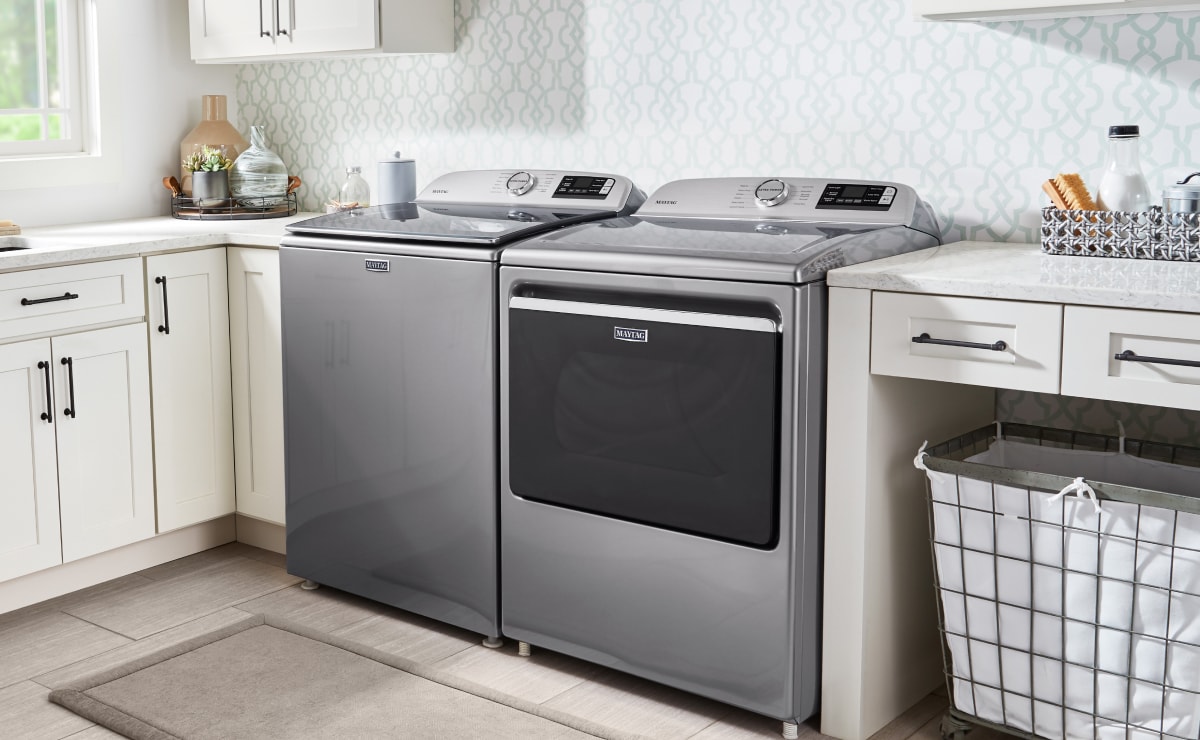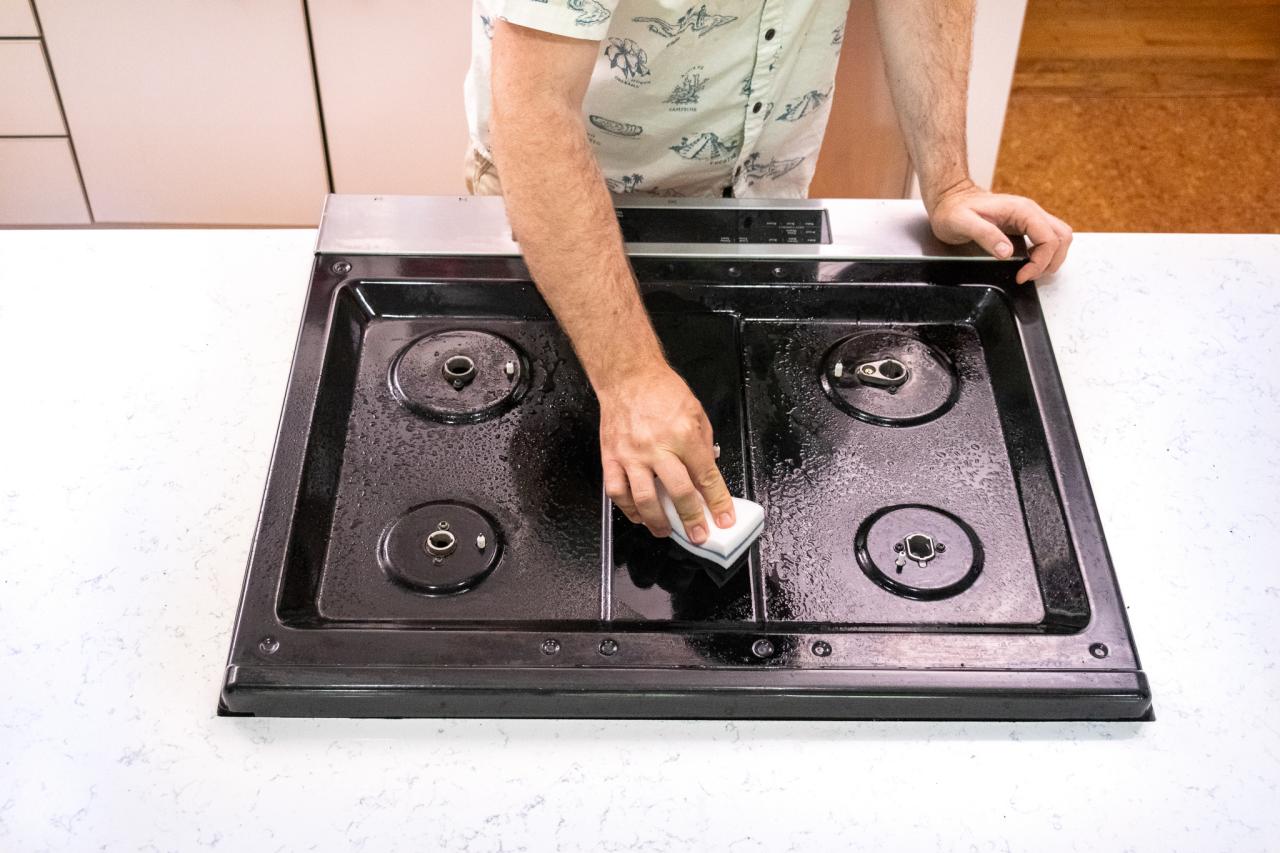Are you planning to replace your old gas appliances with the latest models? If so, you have come to the right place. This comprehensive guide will show you how to choose and install the best gas appliances for your home.
We will explain what features you should look out for when selecting a new appliance, then walk through the installation process step by step. With this guide, even a novice DIYer can easily upgrade their existing gas appliances in no time at all! So let’s dive in and get started on finding and installing the perfect gas appliances for your home.
1. Introduction to Gas Appliances
Gas appliances can be a great addition to any home, providing energy-efficient and cost-effective solutions for heating, cooling, and cooking needs. Installing gas appliances is not always an easy task and requires knowledge of the appropriate safety measures that must be taken into account during installation.
This guide will provide an overview of choosing the right gas appliance installer for your needs as well as outlining the steps involved in ensuring safe and successful installation of these items. Readers will gain a better understanding of how to purchase, install and use gas appliances safely in their homes after reading this comprehensive guide.
2. Identifying Your Needs

When selecting a gas appliance for your home, it is important to consider various factors such as installation requirements, fuel type, size, and energy efficiency. Identifying your needs before making any purchases will ensure you make the right decision and purchase an appliance that meets all of your expectations.
Start by researching the available options online or in-store and comparing them against each other to determine which one suits best for your purpose. Besides these factors, also take into account additional features like warranty coverage, customer service, and after-sale support offered by manufacturers when selecting an appliance. It is essential to be aware of safety guidelines related to gas appliances prior to purchasing one since it can be dangerous if used incorrectly.
Finally, don’t forget about budget when shopping for a gas appliance; compare prices from different suppliers and decide on the most suitable option according to what fits within your financial capabilities.
3. Shopping for the Right Gas Appliance
When shopping for a gas appliance, it is important to take many factors into consideration. Size and capacity are the two most common considerations. Appliances must fit the area where they will be installed, so measure carefully before choosing a product. Additionally, consider how frequently you intend to use the appliance; more frequent usage requires more powerful appliances with larger capacities. It’s also important to research energy efficiency ratings on all potential purchases. More efficient appliances require less energy and result in lower utility bills over time.
Consider reviews from other consumers when researching products as well; this can provide valuable insight that isn’t available through official sources alone. Never forget to compare prices between different retailers too; this could save you hundreds of dollars in some cases! Finally, always work with qualified professionals during installation if possible — improper installation can lead to dangerous accidents or even fires due to inadequate ventilation or incorrect connections! Make sure your installer is experienced working with gas lines and has proper safety certifications before allowing them near your home’s gas system.
4. Installation Considerations

When it comes to installing gas appliances, there are several key points that must be taken into consideration before beginning the process. It is essential to make sure you understand the local building codes and regulations regarding the installation of such appliances.
Additionally, it is important to consider the size of your space and how much ventilation will need to be provided for the proper operation of the appliance. Furthermore, any necessary permits or paperwork should also be obtained prior to starting installation in order to prevent potential legal issues down the road.
Lastly, if you plan on doing any work yourself rather than hiring a professional installer, it is highly recommended that you become familiar with all safety protocols related to working with gas lines and other components associated with these types of installations. Following these steps can help ensure a safe and successful installation process for your new gas appliance!
5. Maintenance and Care of Gas Appliances
Gas appliances require regular maintenance and care in order to work properly. For example, gas ovens should be cleaned regularly to prevent the buildup of grease and grime that could cause a fire hazard or clog the burners. Gas stoves likewise need periodic cleaning in order to keep them running efficiently and avoid dangerous flare-ups. Additionally, it’s important to inspect hoses, regulators, connectors, valves, and other parts for any signs of damage or deterioration which may necessitate repairs or replacements.
Beyond basic maintenance needs such as these, there are also recommended safety measures that must be taken when using gas appliances (including having carbon monoxide detectors installed). Finally, it is important to consult with an experienced technician who can help you determine if your current gas appliance is functioning correctly and make sure that all safety protocols are being followed while installing new units. By following these simple steps you can ensure the safe operation of your home’s gas appliances for years to come!
